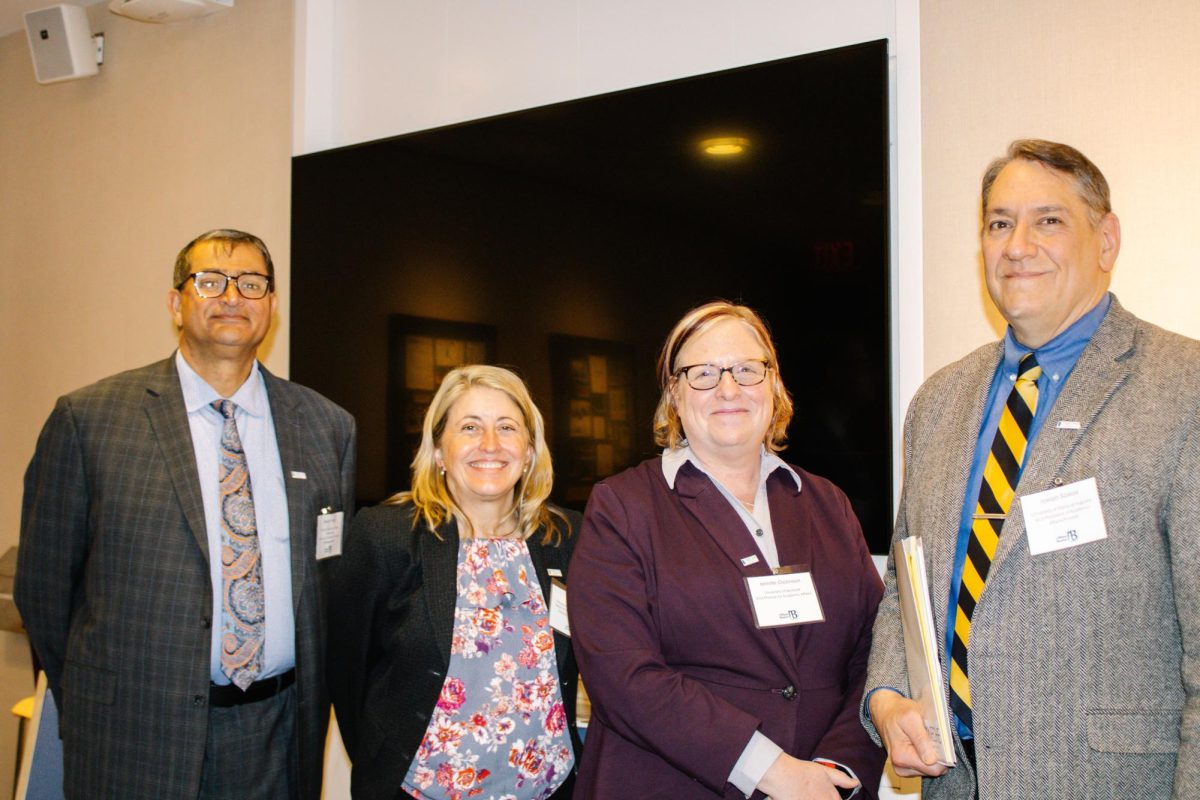The New England Commission for Higher Education, an accreditation organization, held an open session March 25 for students to provide input about UMass Boston.
NECHE is one of six accreditation organizations that evaluate higher education institutions to make sure they are living up to their expected standard. When a university is accredited, it allows them to offer federal financial aid to students.
As part of the re-accreditation process, the university compiled a self-study report detailing where they are meeting the standards. According to NECHE, institutions that meet these standards have “clearly defined purposes appropriate to an institution of higher learning,” and have assembled and organized the necessary resources to achieve these goals.
Four peer evaluators from New England universities came to UMass Boston on the day of the open session for an on-site inspection to confirm UMass Boston’s self-reported claims.
“You need someone coming from the outside to go test the system and make sure you are really meeting all these standards,” said Joseph Farhat, a finance professor at Central Connecticut University and one of the peer evaluators.
Farhat hosted the open session alongside Carina Self, the University of New Hampshire’s dean of graduate studies and academic effectiveness; Joseph Szakas, the University of Maine at Augusta’s vice president of academic affairs; and Jennifer Dickson, the University of Vermont’s vice president of academic affairs.
Students were invited to respond to a variety of questions about their experiences on campus. Only one student was in attendance. Topics included advising quality, AI usage, campus atmosphere, student success and general classroom experiences such as available technology, online classes, class size and course registration.
The evaluators will take these answers and submit a detailed report on their findings to NECHE. UMass Boston will be given the opportunity to look over the report afterward to make any necessary corrections and clarifications. From there, UMass Boston will be given a list of recommendations and an evaluation determining the result of the accreditation application.
“The recommendations can be anywhere from ‘You’re completely and fully reaccredited and there’s nothing we saw that concerned us!’ to, ‘Uh-oh, we need to be worried about you!’, and everything in between.” Self said.
The evaluators mentioned that it’s normal for there to be some recommendations given.
“There’s generally always going to be room for improvement,” Szakas said.
“It’s continuous improvement, right? No one gets to stand still,” added Dickson.





